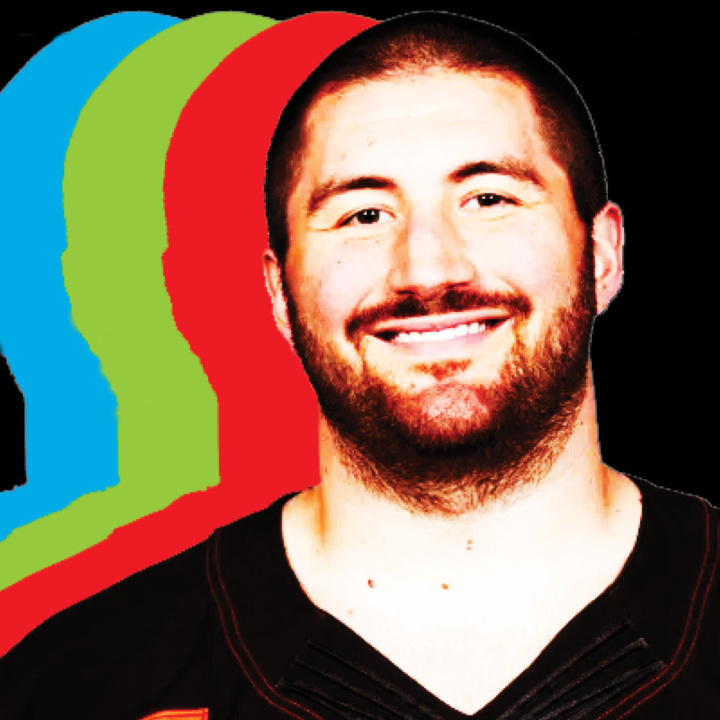
Mental Health Matters
We spend nearly every year of our careers laser-focused on our physical performance at work, but the offseason is a time to step back and check in with how we’re doing holistically. Marshawn Lynch said it best: “Take care y’all bodies, take care y’all chicken... take care y’all mentals...” As players enter another offseason and we are presented an opportunity to reflect on our personal growth and commitments off the field, I’d like to encourage us all to to invest in our mental health by expanding your identities beyond football. There is a direct link between mental and emotional well-being and identifying with something bigger than a single profession.
NFL players are often seen as the pinnacle of masculinity, and because caring about our own mental well-being and seeking support has not historically been associated with masculinity, too many of us do not prioritize that aspect of our health. It’s an area that if we proactively address while we’re in the NFL, including utilizing the resources available to us, we’ll be much better positioned to handle life after football.
Psychologists have warned against overly identifying with one aspect of ourselves, because if – or, in NFL players’ case, when – that label no longer applies to us, it can feel like we’ve lost our identity completely. Football players are at a high risk for losing this sense of identity after they retire, because for most of our lives, the praise and admiration we’ve received has been because of football. Our careers give us recognition, pride and a sense of purpose. But it can be dangerous if being a “famous” football player is the only source of those things.
The NFLPA is known mostly for negotiating CBAs, pushing for safer work rules and protecting our members, but one area of our work that players might not be as familiar with are our programs designed to help players cultivate new interests and build relationships outside of football during each offseason.
Our Externship program, for example, matches companies with players to give them a taste of what it’s like to work in different industries such as retail, finance and government. For our former NFL player population, The Trust offers the most comprehensive and well-funded transition program and service available in any industry. From tuition reimbursement to brain and body assessments to career counseling, it is one of the most important collectively bargained resources we have.
The more we can expand the way we see ourselves while we continue to play, the easier our transition to life after football will be physically, mentally, financially and emotionally. I am encouraged by leaders like Dak Prescott and our 2021 Alan Page Community Award winner Hayden Hurst who are so open about the challenges, pressures and mental stresses associated not only with being an NFL player, but many times, with just being human. Like most of society, the vulnerability it takes to initiate conversations about our mental health can feel overwhelming, so start small and be proactive in building a foundation of diverse interests and relationships that will serve you long after your football career ends.
This offseason, I challenge our players to explore one new interest or passion, whether that’s by taking a class, shadowing someone with an interesting career path or getting involved with a meaningful philanthropic cause. Our union works to protect you, including your bodies, your chicken and your mentals, but it is up to you to take full advantage of what the NFLPA has to offer.
If you are interested in learning more about the programs mentioned above as well as the many others that we offer to our membership, reach out to:
Active: Programs and Resources
(Contact your Player Director and/or playeraffairs@nflpa.com)
Former: Players Trust
Former: Professional Athletes Foundation

- JC Tretter
NFLPA President